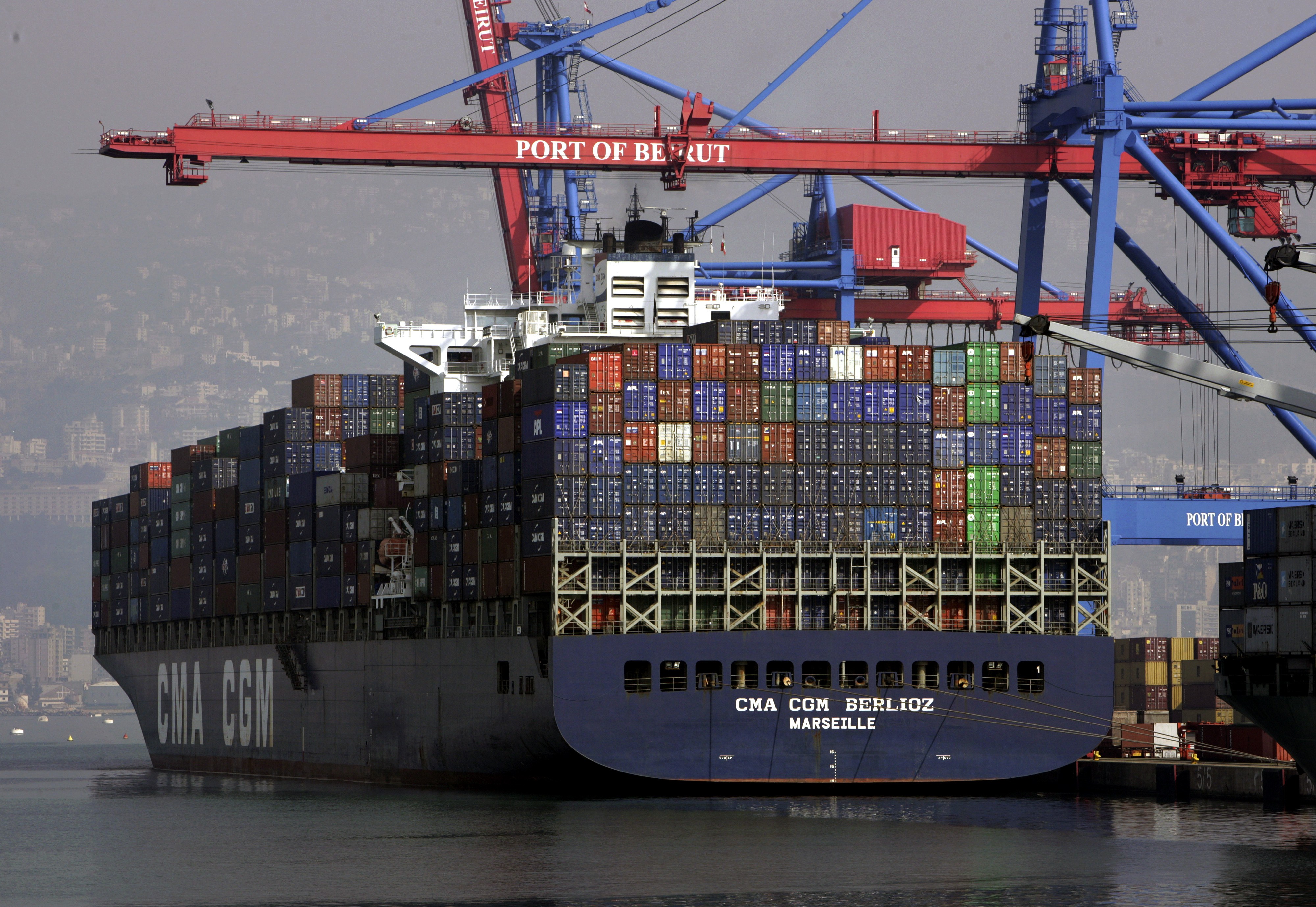Cranes in the container port of Beirut, the picture was taken before the explosion on August 4, 2020
Copyright© Thomas Köhler/photothek.net
Economic situation Important sources of revenue have been lost
However, the country proved unable to regain this position after the war. Reconstruction was financed via loans – as a result of which Lebanon's national debt is now one of the highest in the world. Lebanon's economy is facing recession – considered to be one of the severest to have occurred worldwide since the 1850s – due to the decrease of its gross domestic product by about 40 per cent between 2018 and 2021. Its national currency, the Lebanese pound, has lost more than 95 per cent of its value. The financial and economic crisis has far-reaching impacts. About half of the workforce is unemployed and some 80 per cent of the population are living in poverty.
The terrible explosion in August 2020, the COVID-19 pandemic and the war in Syria have put a heavy strain on the Lebanese economy. Tourism – one of the country's most important sources of revenue – has collapsed and exports to the Gulf States, which were largely routed via Syria, have suffered the same fate. What is more, Syria used to be an important market for Lebanese goods.
Lebanon's economy was already in a poor state before 2022. The impacts of Russia's war of aggression against Ukraine on international food and energy markets have hit the country hard, causing as many as 46 per cent of the people to be affected by food insecurity.
The current armed conflict and resulting mass displacement is set to further exacerbate both the economic situation and the food situation. Farmers had been about to start harvesting in the areas in the south and east where there is now fighting. They will not be able to bring in the crop. Many displaced people are unable to continue their jobs or run their businesses. They are using up their savings for shelter and food. Marginalised groups such as Syrian and Palestinian refugees are hit particularly hard because they had already suffered from systematic discrimination prior to the recent escalation.
As at: 18/10/2024
